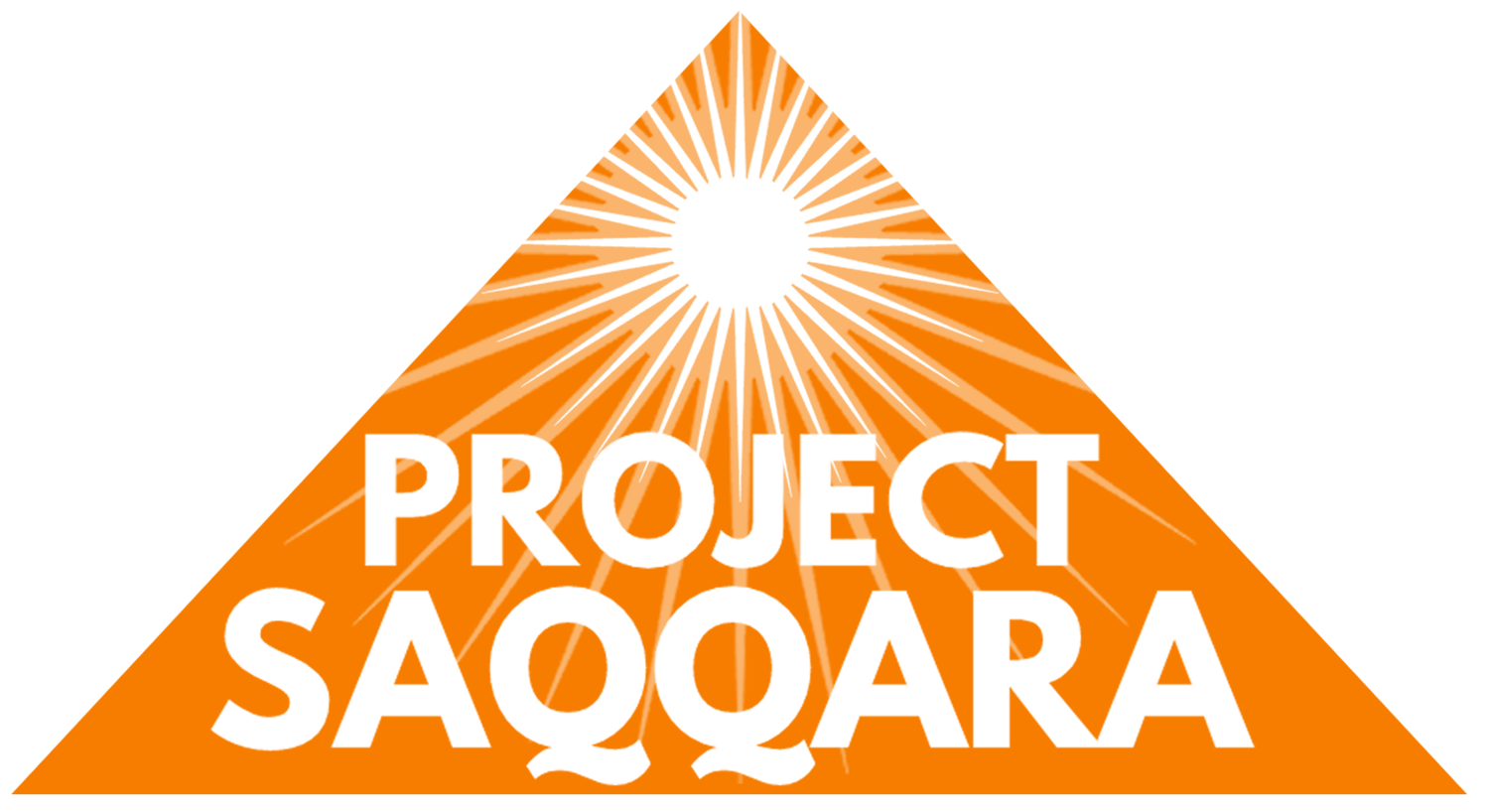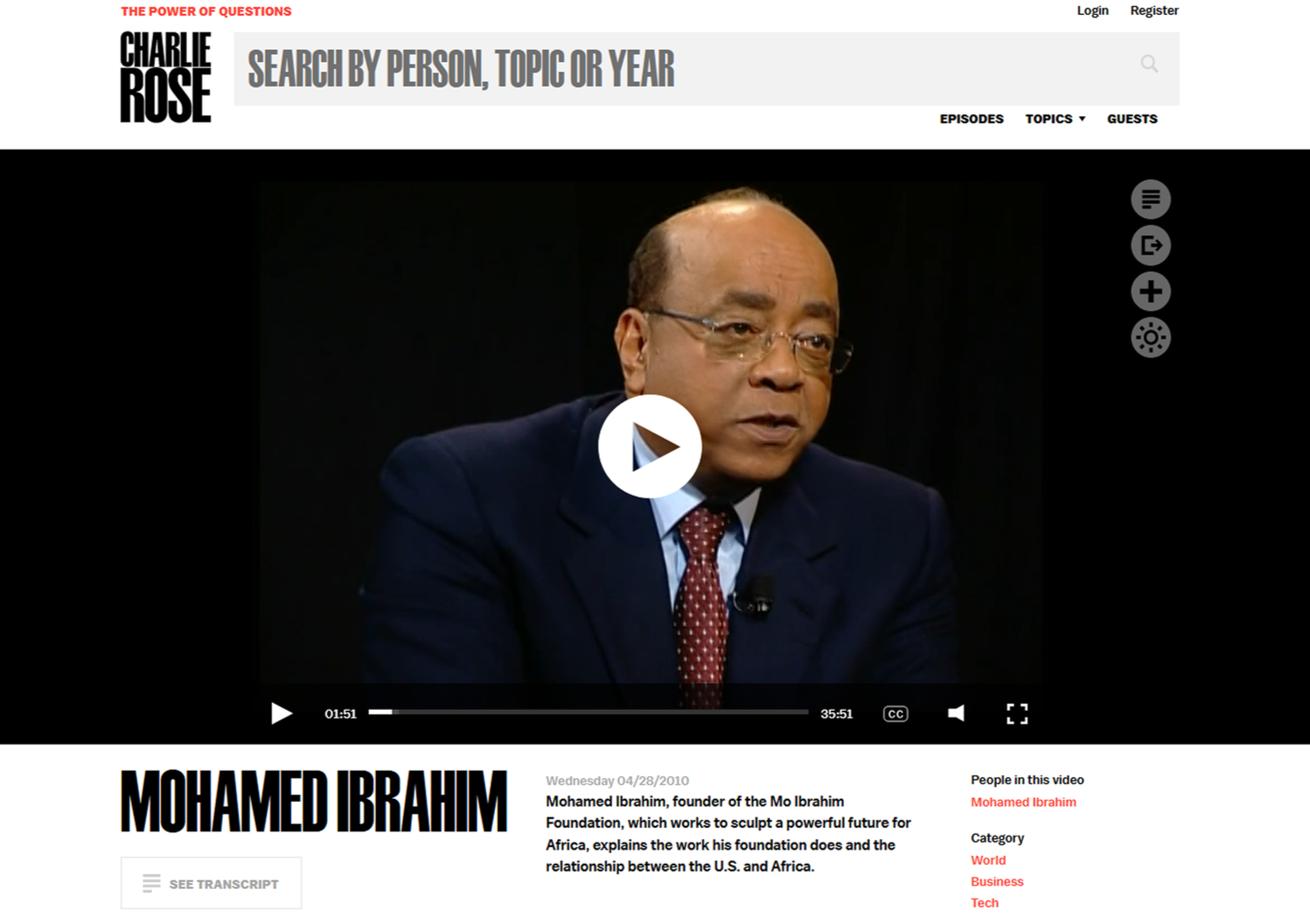THE BUSINESS CASE FOR
ASPIRATIONAL AFRICENTRIC EDUCATION
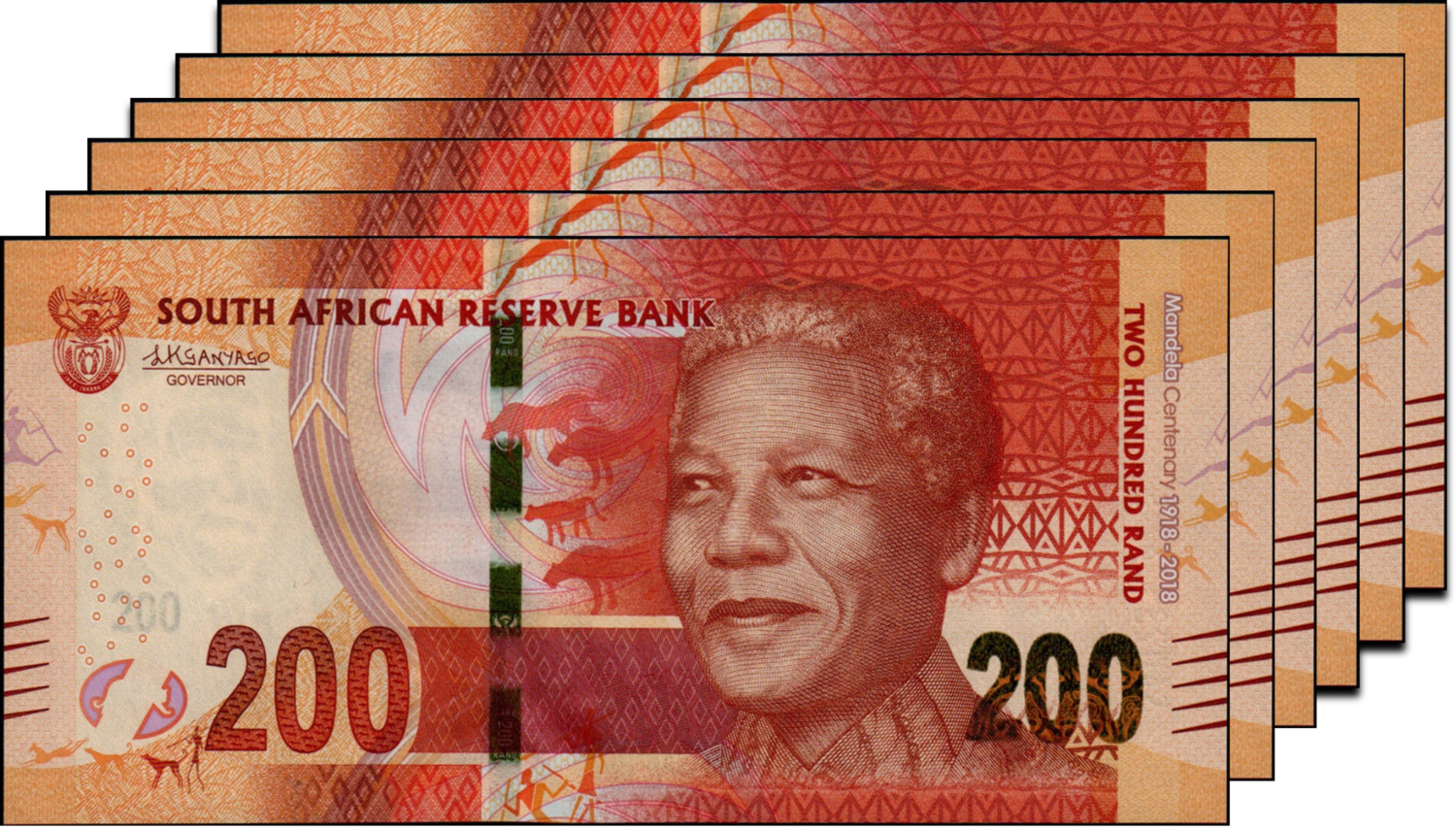
In the global marketplace, the workforces, professionals, and companies who don't know the world can't meet the world's needs. But those who do understand the planet are best positioned to win... and win big.
The rise of the powerhouse economies of East and South Asia caught many Western businesspeople and politicians completely unprepared, and now many of those same players are ready to lose again—this time with rising economies across the African continent, and in African diasporic communities across the globe.
Whereas those with outdated notions of who's accomplishing what globally are destined to fail, students and adults of all backgrounds with Africentric education will recognize personal, professional, entrepreneurial, and international opportunities as they keep arising faster and faster. Instead of leaving billions on the table--like their close-minded competition--they'll be ready for major success anywhere and everywhere.
Click the link to hear Vijay Mahajan, Chief Executive Officer (CEO) of the Rajiv Gandhi Foundation and the Director of the Rajiv Gandhi Institute of Contemporary Studies, explain the massive continental African opportunities simply for those who want sell to consumers—let alone those who want to hire, promote, partner, and invest.
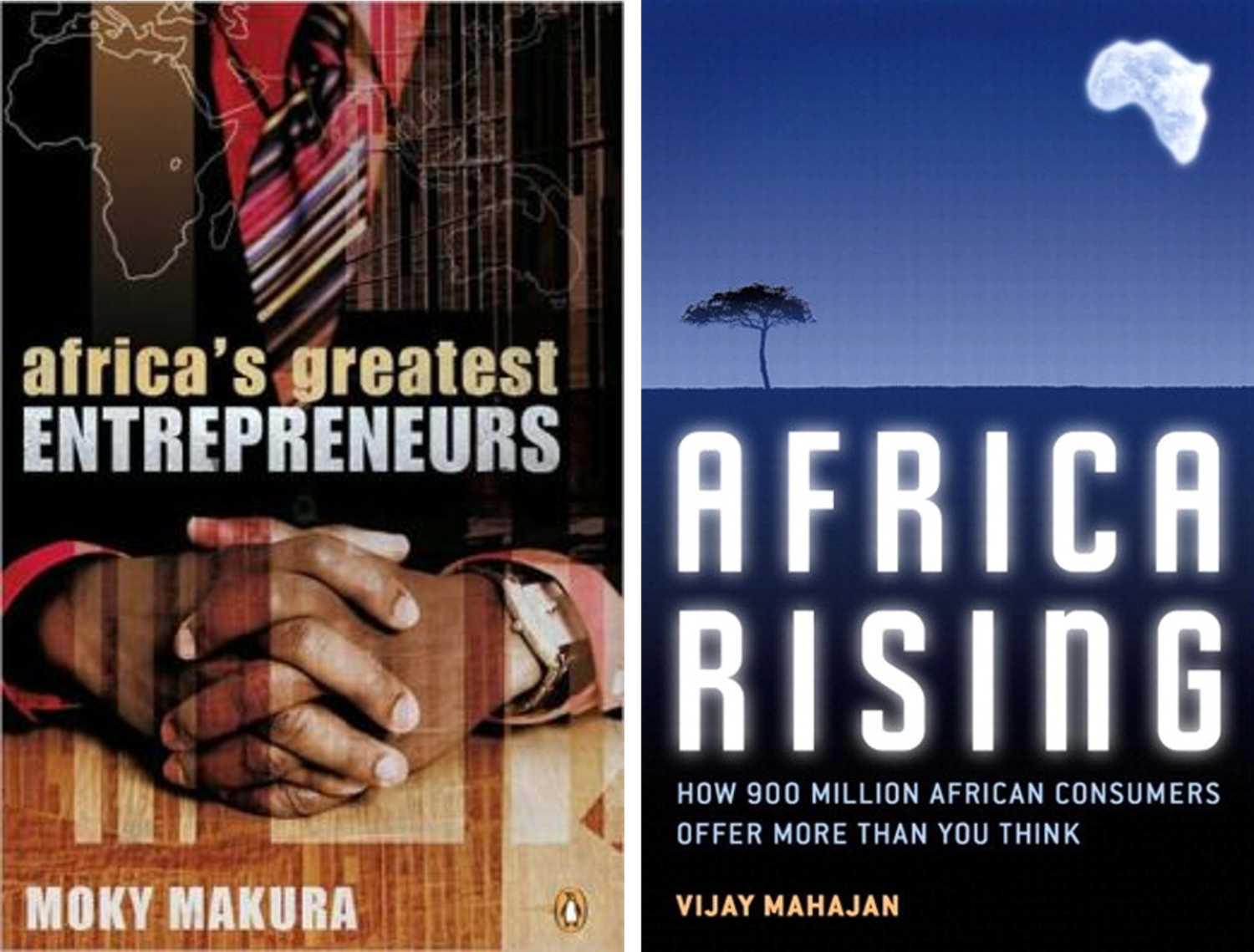
TO WIN GLOBALLY, YOU NEED GLOBAL PLAYERS
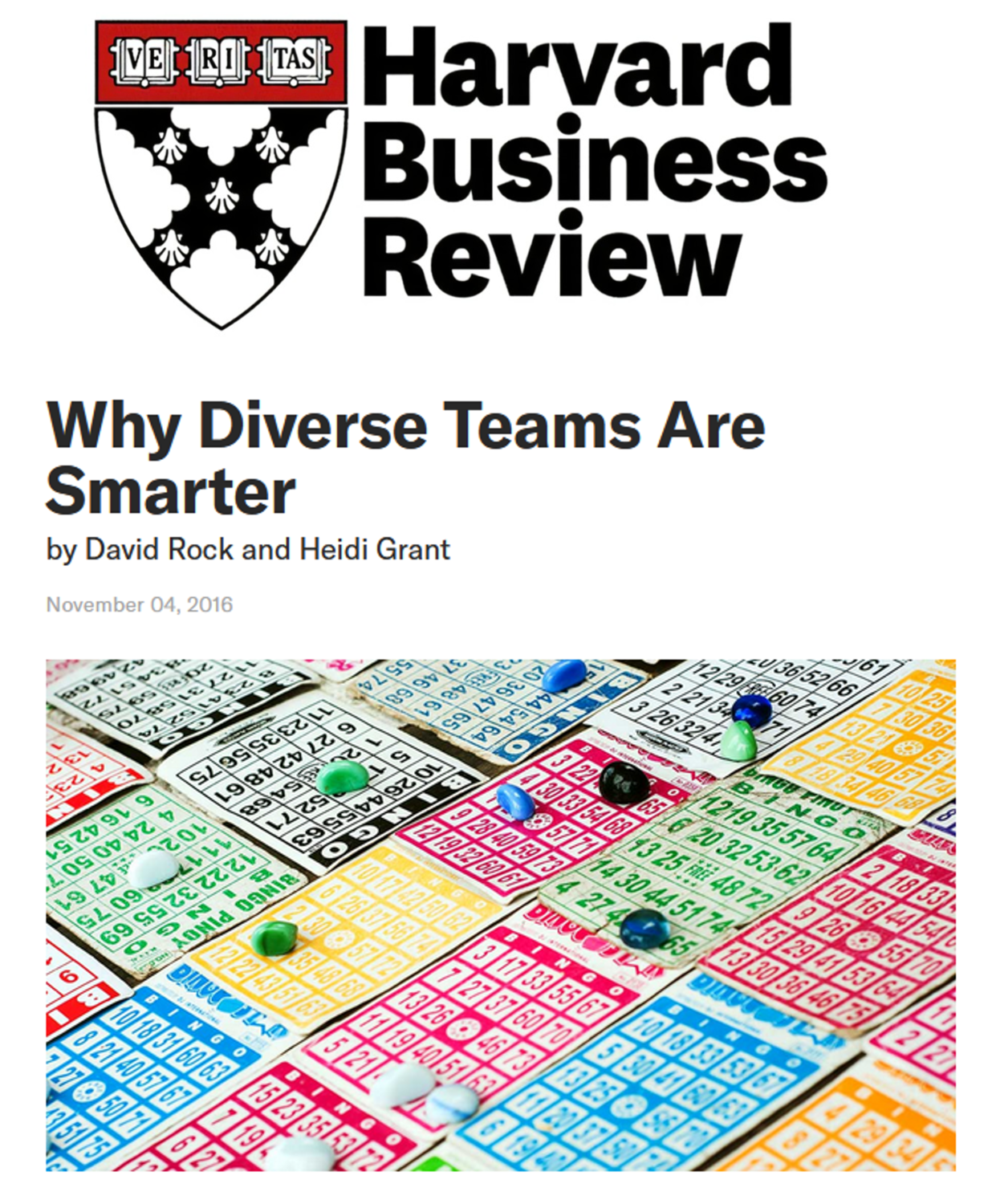
“Striving to increase workplace diversity is not an empty slogan—it is a good business decision. A 2015 McKinsey report on 366 public companies found that those in the top quartile for ethnic and racial diversity in management were 35% more likely to have financial returns above their industry mean, and those in the top quartile for gender diversity were 15% more likely to have returns above the industry mean.
“In a global analysis of 2,400 companies conducted by Credit Suisse, organizations with at least one female board member yielded higher return on equity and higher net income growth than those that did not have any women on the board.
“In recent years a body of research has revealed another, more nuanced benefit of workplace diversity: nonhomogenous teams are simply smarter. Working with people who are different from you may challenge your brain to overcome its stale ways of thinking and sharpen its performance.”
HBR also says that diverse teams:
1. Focus more on facts
2. Process those facts more carefully
3. Innovate more
BY SERVING UNDER-SERVED WOMEN, RIHANNA'S MAKE-UP COMPANY FENTY SKYROCKETTED IN WORTH TO $2.8 BILLION
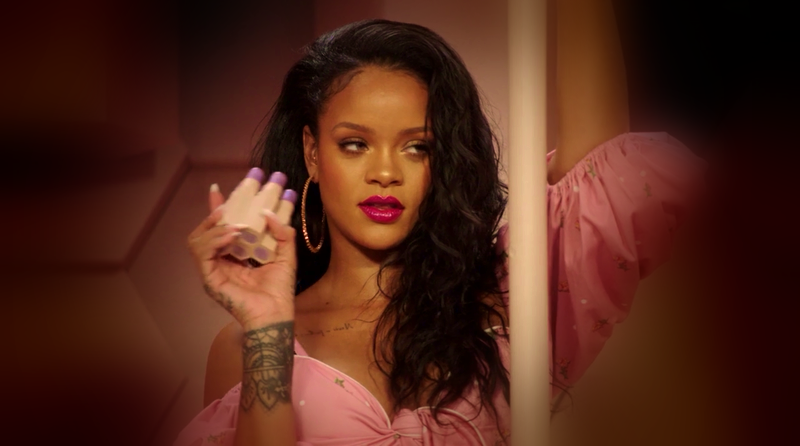
Rihanna for a Fenty Beaty campain in 2018. Author: SIGMA. This file, which was originally posted to Vimeo:Fenty Beauty by Rihanna(view archived source), was reviewed on 27 February 2019 by reviewer Clpo13, who confirmed that it was available there under the stated license on that date. This file is licensed under theCreative CommonsAttribution 3.0 Unported license.
Although "mainstream" make-up companies have existed for a century, they somehow managed to miss billions of dollars in profit by simply ignoring the literally billions of women (and people of other genders) who want a range of make-up to match their range of skin-tones.
“Forbes reported that Rihanna's wealth was $1.7 billion, the majority of which stemmed from her retail empire, which includes the $2.8 billion makeup company Fenty. Her lingerie brand, Savage X Fenty, promotes luxury and body diversity in equal parts. The Grammy-winning singer also dropped a skin-care line, Fenty Skin, last year.
“Rihanna's financial success with Fenty is a testament to the potential of inclusivity. In a time when representation is no longer optional, corporate executives are being pushed to show they value and respect people from all backgrounds and all skin tones.”
AFTER BEING DISMISSED BY EUROPEAN AND US INVESTORS, SUDANESE TELECOM GIANT MO IBRAHIM MADE BILLIONS ACROSS THE AFRICAN CONTINENT
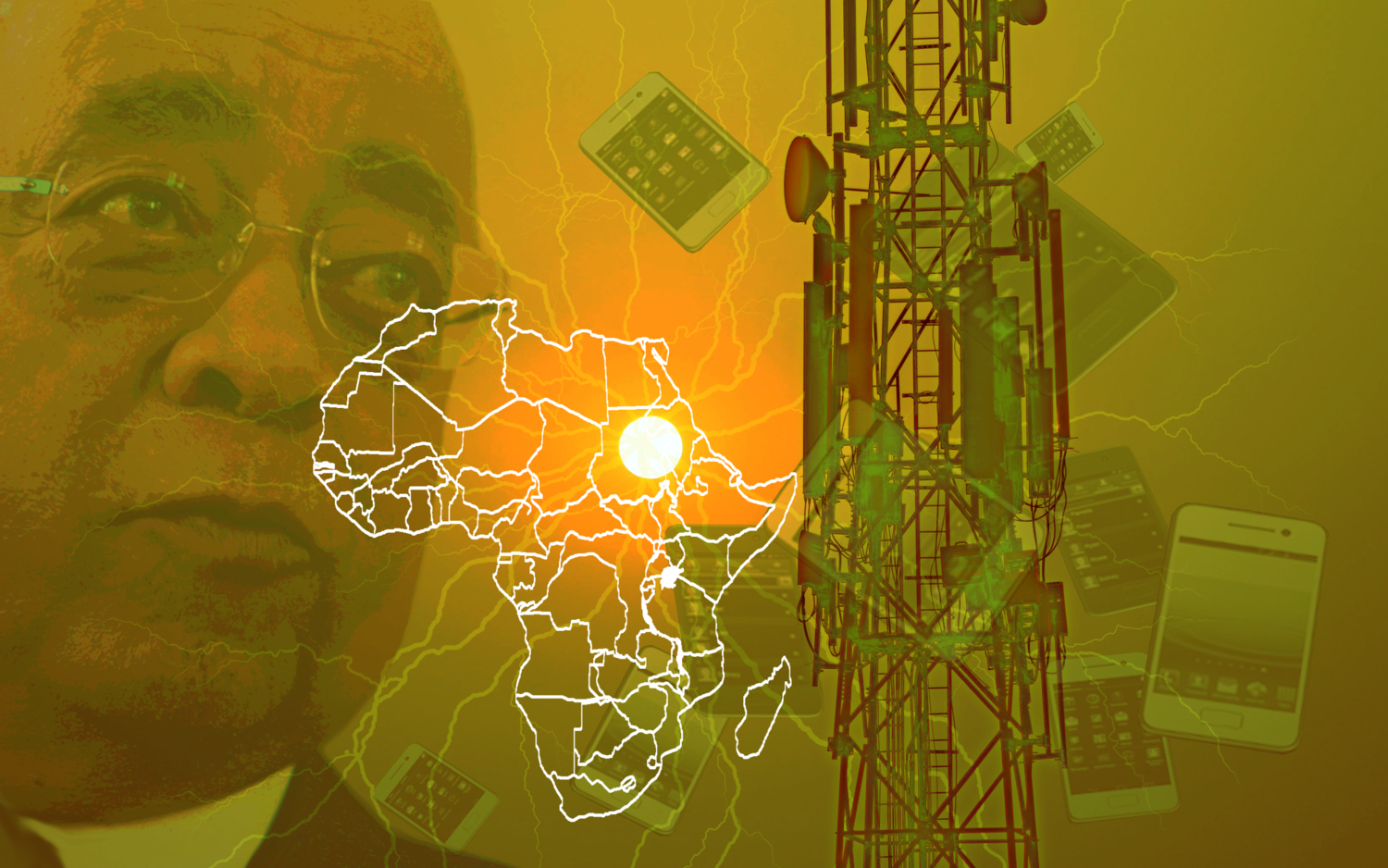
Mo Ibrahim, Mo Ibrahim Foundation at the launch of the 2013 Human Rights report in London, 10 April 2014. Photograph © Foreign, Commonwealth and Development Office. Licensed under the Open Government License version 1.0 (OGL v1.0). Composite illustration by Project Saqqara.
